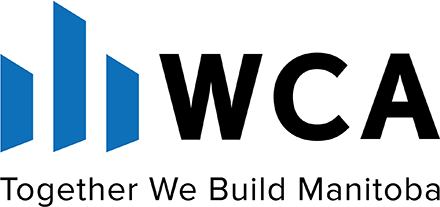Province Announces Changes to Apprenticeship Manitoba
On March 3, Minister Eichler provided the details of Bill 61: The Apprenticeship and Certification Amendment Act. These changes are in addition to recent changes made to apprenticeship programs such as the changes to ratios and gasfitter requirements.
Bill 61 will focus primarily on Apprenticeship Manitoba’s governance structure. A governance review conducted in 2017/18 provided a number of recommendations to make Apprenticeship Manitoba more responsive to changes in the relevant trades and occupations. Some of the changes include:
· A reduction of the Apprenticeship Board from 15 to 12 individuals.
· Require the preparation of a 5-year strategic plan.
· Creating sector-based committees which replace the Provincial Advisory Committees (PAC) which will meet regularly
· The Board will be empowered to create by-laws respecting voluntary trades and existing trade regulations will be repealed.
· The regulations for specific Compulsory trades will remain.
· Allows the Minister, not the Apprenticeship Board, to designate trades and occupations and establish apprenticeship programs for the compulsory certification trades.
WCA is broadly supportive of these changes, however the changes themselves do not address the fundamental governance issue which has been identified in numerous reviews: The Apprenticeship Branch does not report to the Apprenticeship Board as one would expect.
It will be important to make sure that the 12 Board members are engaged in the apprenticeship system as employers or worker representatives each having a current background in one of the apprentice-able trades.
Developing sector-based committees which meet regularly and have the opportunity to provide advise that is listened to is imperative and welcomed. The role of these committees should be to provide advise to the Apprenticeship Board on the views of the Industry regarding all changes to apprenticeship activities that impact their sector. It will be important that committee members represent broad cross-section of the industry.
The Bill will also repeal regulations for voluntary trades (46 of the 55 trades are voluntary) and replace those with bylaws created and amendable by the Apprenticeship and Certification Board. A reduction in regulations is undoubtedly a goal of government and may provide more flexibility and nimbleness for the voluntary trades.
The Bill does increase the power of the Minister to designate trades and occupations and establish apprenticeship programs for the compulsory certification trades. In general, removing a decision from a representative Board to give to the Minister may reduce the ability for the industry to have influence over a decision. This change should not be taken lightly and fully considered before it is implemented.
